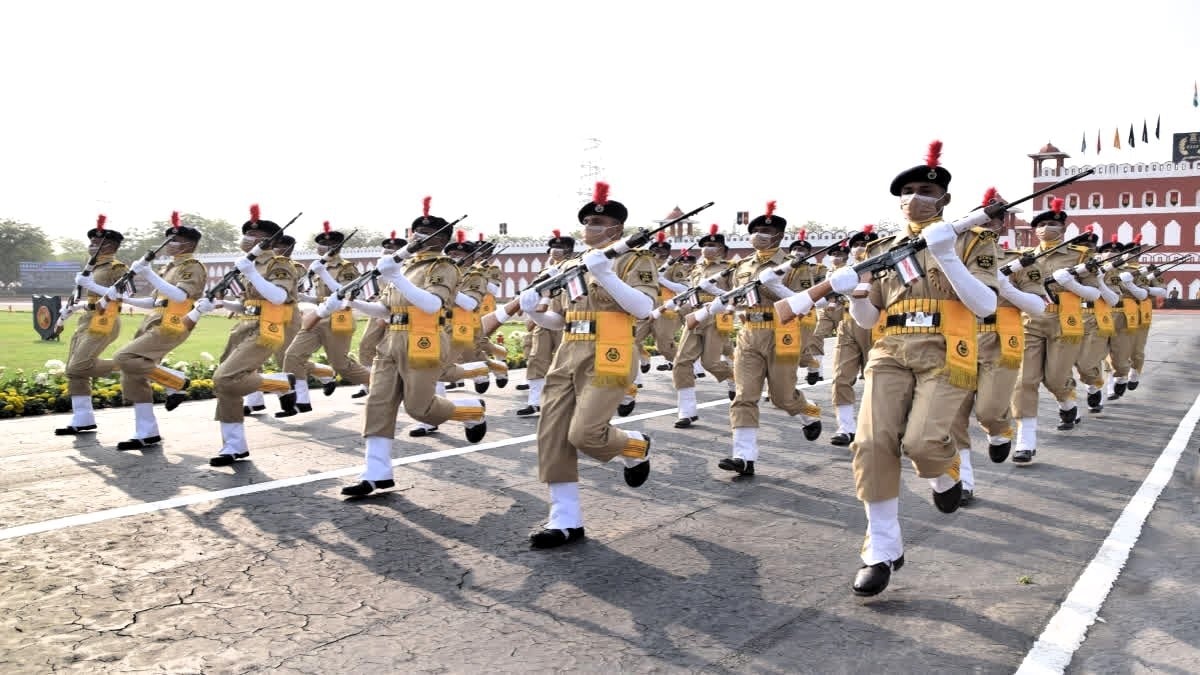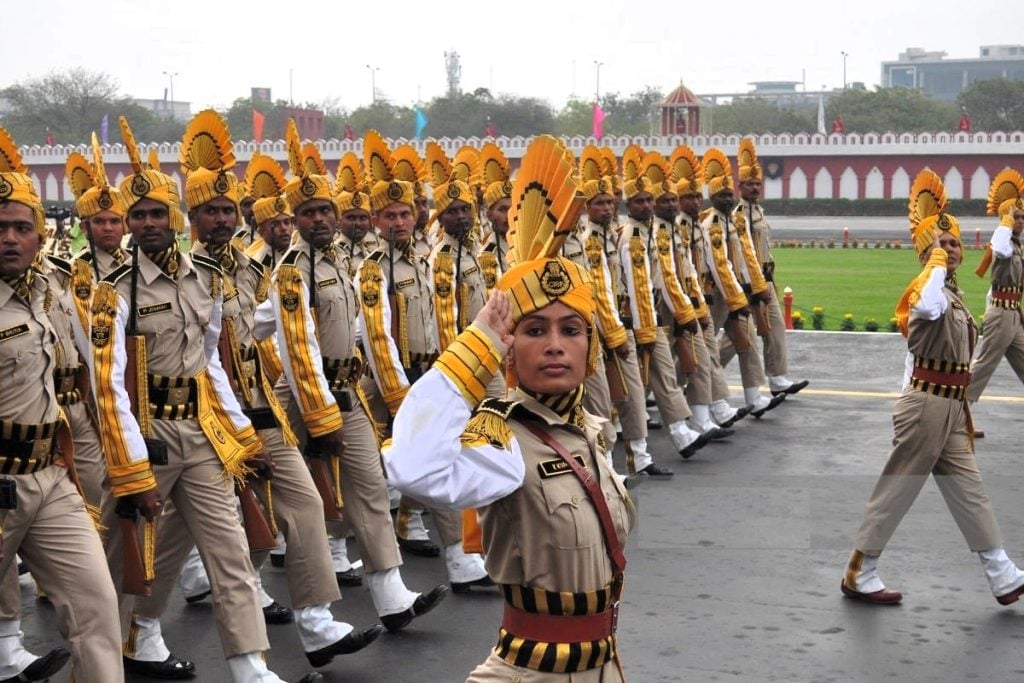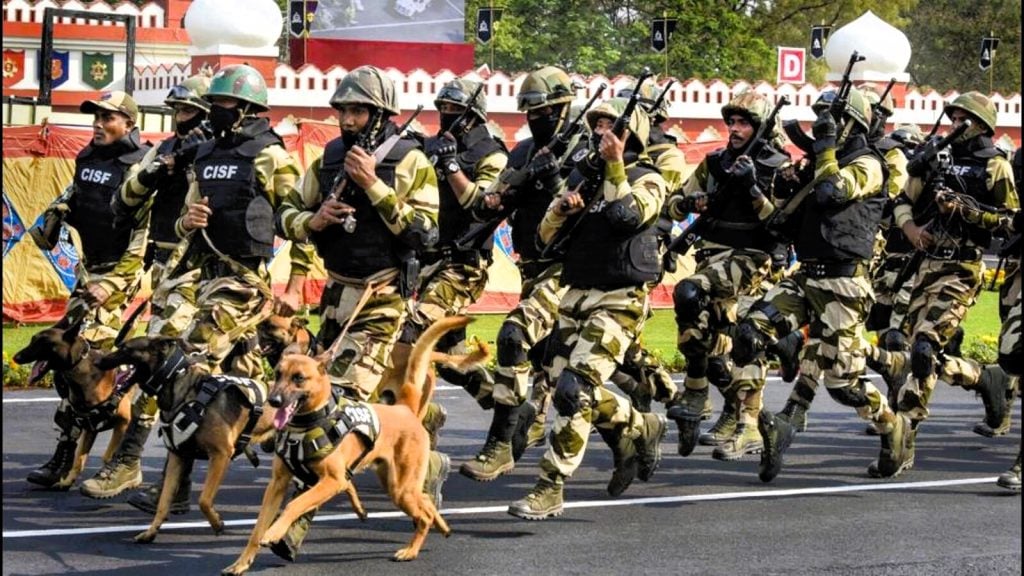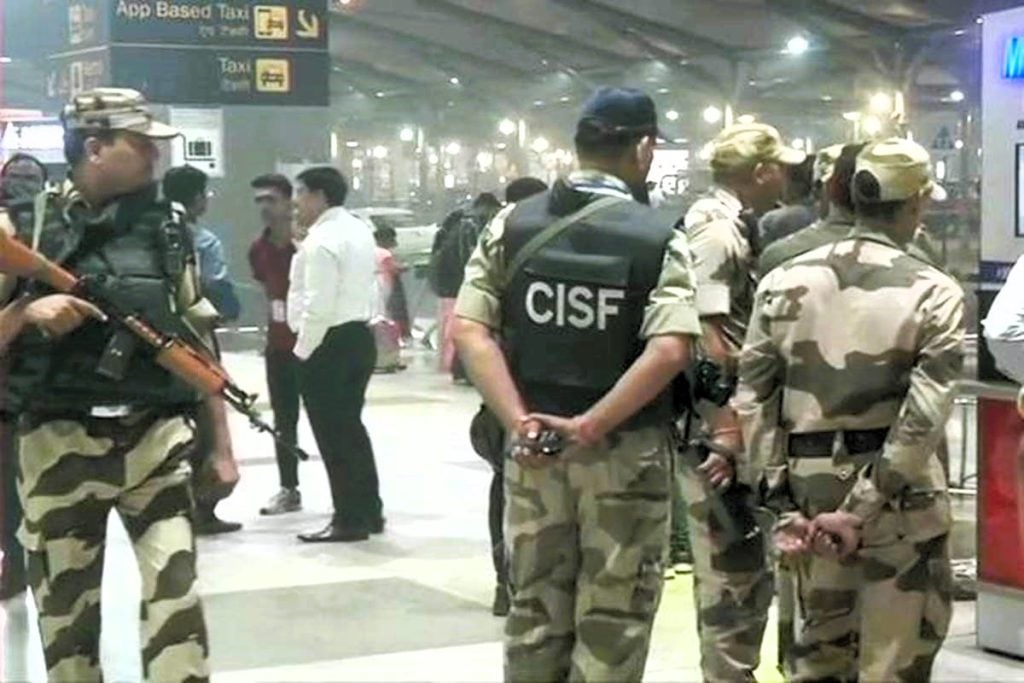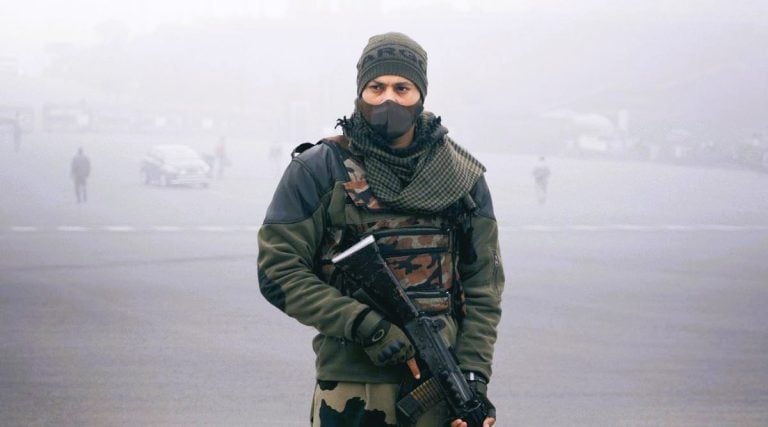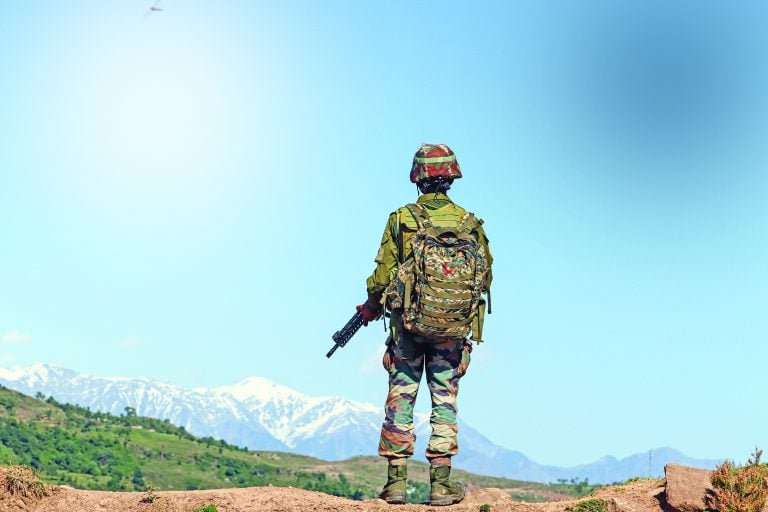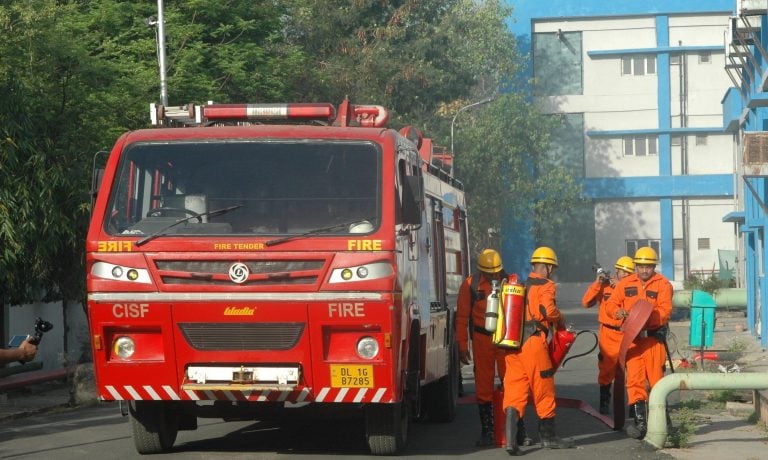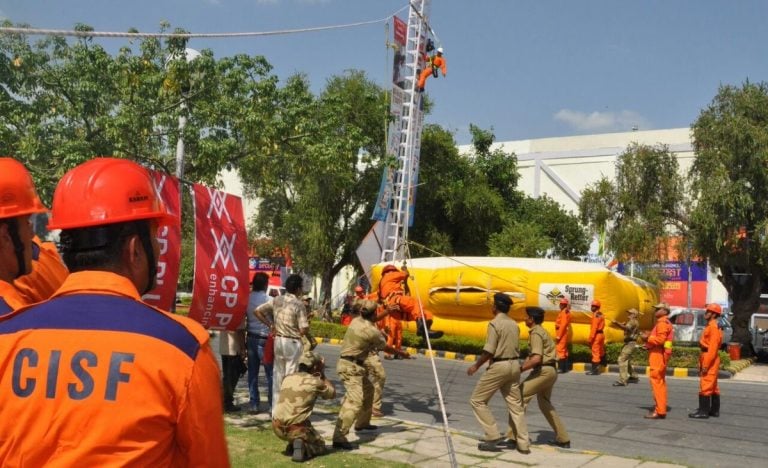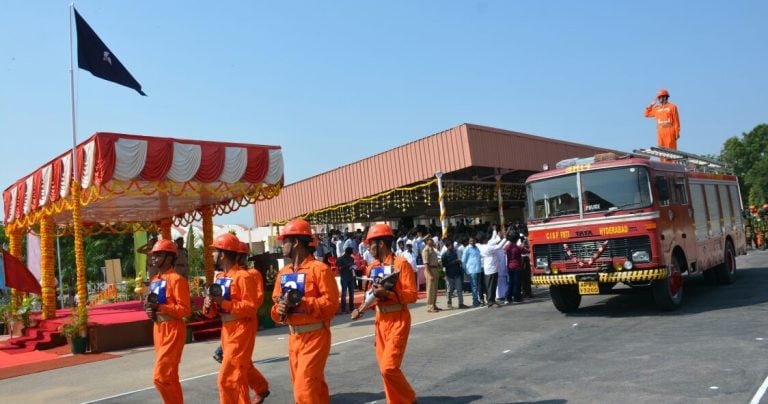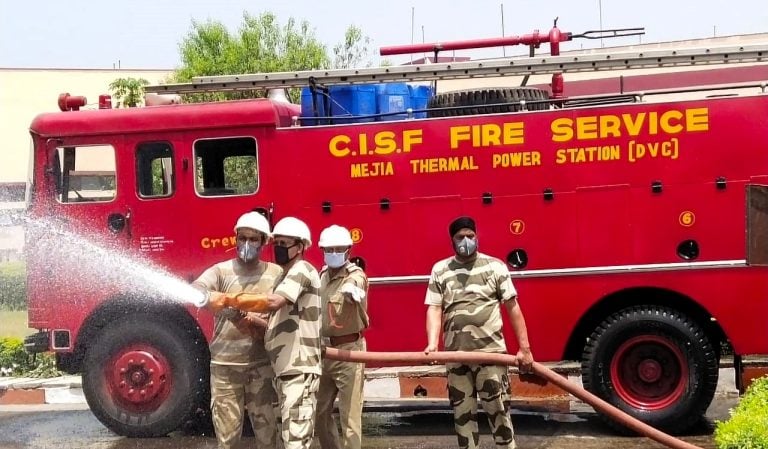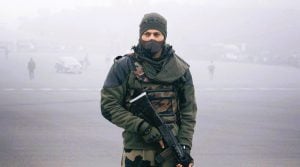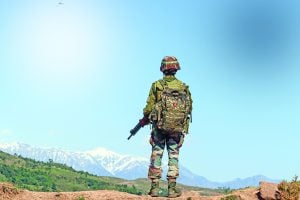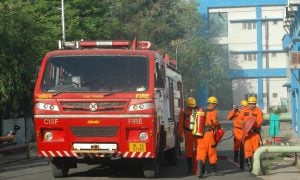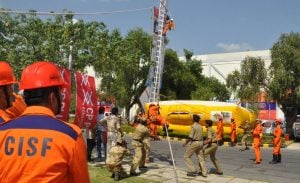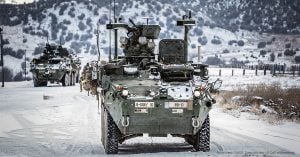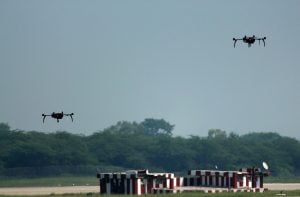The Central Industrial Security Force (CISF) is an essential arm of India’s security apparatus, dedicated to safeguarding critical infrastructure and public safety. Established in 1969, this armed force operates under the Ministry of Home Affairs and plays a pivotal role in the security of various public sector undertakings and vital installations. In this article, we will delve into the CISF’s full form, its historical context, and its myriad functions.
The acronym CISF stands for Central Industrial Security Force. This organization was created to address the security needs of India’s industrial sector and vital installations. The force has evolved over the years, adapting to the changing security landscape of the nation.
Key Responsibilities
- Airport Security: CISF is responsible for the security of major airports across India, ensuring passenger safety and adherence to aviation regulations.
- Protection of Critical Infrastructure: The force safeguards various critical installations, including nuclear power plants, oil refineries, and government buildings.
- Disaster Management: CISF plays a crucial role in disaster management, providing immediate response and rescue operations during emergencies.
Importance of CISF
The CISF is not just a security force; it is a multi-faceted organization that embodies the spirit of national security. Its personnel are trained to handle diverse challenges, making them indispensable in maintaining safety and order in various sectors.
Also Read | CRPF Full Form, All You Need to Know About CRPF
Know About History
The history of the CISF is marked by its evolution from a basic security provider to a comprehensive force capable of addressing complex security challenges.
Establishment and Early Years
- Formation: The CISF was established in 1969 through an Act of Parliament. The primary goal was to provide integrated security for sensitive public sector undertakings.
- Initial Focus: Initially, the organization concentrated on industrial security, particularly in sectors like coal, steel, and power.
Expansion and Legislative Changes
- Inclusion in Armed Forces: In 1983, CISF was officially recognized as a part of the armed forces under legislation, further solidifying its role in national security.
- Growth: Over the years, the organization has expanded its reach, now covering over 359 establishments across the country and employing more than 188,000 personnel.
Key Milestones
- 1980s to 2000s: The CISF adapted to new challenges, including terrorism, and expanded its functions to include security for airports and other critical infrastructure.
- Post-2008: Following the Mumbai terror attacks, the CISF’s mandate was broadened to include security for private corporate establishments, demonstrating its adaptability and responsiveness to emerging threats.
Major Functions of CISF
The CISF’s functions are diverse and cover a wide range of responsibilities critical to national security.
Security of Critical Infrastructure
CISF plays a vital role in securing India’s most critical infrastructure:
- Nuclear Installations: The force provides security for nuclear power plants, ensuring that these sensitive sites are protected from potential threats.
- Airports: With a significant presence at major airports, CISF ensures both passenger safety and compliance with international aviation standards.
- Seaports and Power Plants: The organization also oversees security at seaports and power plants, safeguarding essential services.
VIP Security
CISF features a specialized unit dedicated to providing security for high-profile individuals:
- Personal Protection: The VIP Security unit offers round-the-clock protection for politicians, dignitaries, and other important individuals.
- Event Security: The force is also involved in managing security at public events, ensuring safety for attendees and participants.
Disaster Management and Emergency Response
CISF’s role extends beyond conventional security:
- Fire Services: The organization has its own Fire Wing, which is responsible for fire prevention, management, and rescue operations.
- Emergency Response: CISF personnel are trained to respond swiftly to disasters, providing critical support during emergencies.
Security Consultancy
In addition to its core functions, CISF has expanded its services:
- Advisory Roles: The force provides security consultancy to various government and corporate entities, sharing expertise in risk assessment and safety protocols.
- Technology Integration: CISF continually adopts cutting-edge technologies to enhance its security measures and operational efficiency.
Also Read | ITBP Full Form, Know About History and Significance
Organizational Structure of CISF
Understanding the organizational structure of CISF is essential to appreciate how it functions effectively.
Hierarchical Framework
CISF is structured into various ranks and divisions:
- Officer Ranks: The officer ranks include positions from Director General to Assistant Commandant, each with specific responsibilities.
- Non-Commissioned Ranks: Non-commissioned ranks encompass positions like Inspector, Sub Inspector, and Constable, who perform essential operational roles.
Sectoral Divisions
CISF is organized into several sectors, each overseen by an Inspector General:
| Sector | Headquarters |
|---|---|
| Eastern Sector | Patna |
| Western Sector | Mumbai |
| Northern Sector | New Delhi |
| Southern Sector | Chennai |
| North Eastern Sector | Kolkata |
| Airport Sector | New Delhi |
Specialized Units
CISF also comprises specialized units that focus on specific areas of security:
- Fire Service Division: Handles fire-related emergencies and safety protocols.
- Training Division: Responsible for the continuous training and development of personnel to maintain high standards in security operations.
Training and Development
Training is a cornerstone of CISF’s operational effectiveness.
Comprehensive Training Programs
CISF personnel undergo rigorous training programs that cover various aspects of security:
- Disaster Management: Training includes disaster response protocols and rescue operations.
- Fire Safety: Personnel are trained in fire prevention and management techniques.
Continuous Skill Enhancement
CISF emphasizes continuous learning and skill enhancement:
- Workshops and Seminars: Regular workshops are conducted to keep personnel updated on the latest security technologies and methodologies.
- Public Interaction: CISF personnel are trained to balance rigorous security measures with a friendly approach during public interactions.
CISF Eligibility Criteria
For those aspiring to join the CISF, understanding the eligibility criteria is crucial.
Basic Requirements
- Age Limit: Candidates must be between 18 and 23 years old.
- Nationality: Only Indian nationals are eligible to apply.
- Educational Qualifications: A minimum of 12th-grade education with Science as a subject is required.
Physical Standards
Candidates must also meet specific physical requirements, including height and chest girth.
Application Process
The application process typically involves:
- Written Examination: Candidates must pass a written test to qualify for further selection rounds.
- Physical Efficiency Test: A physical test assesses the candidates’ fitness levels.
CISF Salary Structure
The remuneration for CISF personnel varies based on rank and experience.
Pay Scale Overview
| Rank | Pay Range |
|---|---|
| Assistant Commander | ₹56,100 to ₹1,77,500 per month |
| Deputy Commander | ₹67,700 to ₹2,08,700 per month |
| Constable/Tradesman | ₹78,800 to ₹2,09,200 per month |
| Deputy Chief of Staff | ₹1,31,100 to ₹2,16,600 per month |
| Inspector General (IG) | ₹1,44,200 to ₹2,18,200 per month |
Additional Benefits
In addition to salary, CISF personnel may receive various allowances and benefits, including:
- Medical Facilities: Access to medical care for personnel and their families.
- Retirement Benefits: Pension plans and retirement benefits for long-serving members.
Important Facts About CISF
Here are some noteworthy facts about the CISF that aspiring candidates should be aware of:
- Established in 1969: CISF was formed to secure industrial sites and critical infrastructure.
- Largest Paramilitary Force: With over 188,000 personnel, it is one of the largest paramilitary forces in India.
- Disaster Management Role: The force has been instrumental in disaster management during natural calamities.
- International Assignments: CISF also provides security for Indian embassies and consulates abroad.
Also Read | CAPF Medical Officer Selection Process, Check Physical Standards Male and Female
Conclusion
The Central Industrial Security Force is a vital component of India’s national security framework. Its multifaceted operations, from airport security to disaster management, reflect its commitment to safeguarding the nation. Understanding the CISF’s full form, history, and functions is crucial for anyone aspiring to join this prestigious organization.
FAQs
1. What is the primary role of the CISF?
The primary role of the CISF is to provide security to various public sector undertakings and critical infrastructure, including airports, nuclear power plants, and government buildings.
2. How can I apply to join the CISF?
Candidates can apply by meeting the eligibility criteria, passing a written examination, and undergoing a physical efficiency test.
3. What is the salary structure for CISF personnel?
Salaries vary based on rank, with Assistant Commanders earning between ₹56,100 and ₹1,77,500 per month, and Inspectors General earning between ₹1,44,200 and ₹2,18,200 per month.
4. Does CISF provide training for its personnel?
Yes, CISF offers comprehensive training programs that include disaster management, fire safety, and continuous skill development.
5. What are the major sectors overseen by CISF?
CISF oversees various sectors, including Eastern, Western, Northern, Southern, North Eastern, and Airport sectors, each with designated headquarters.
